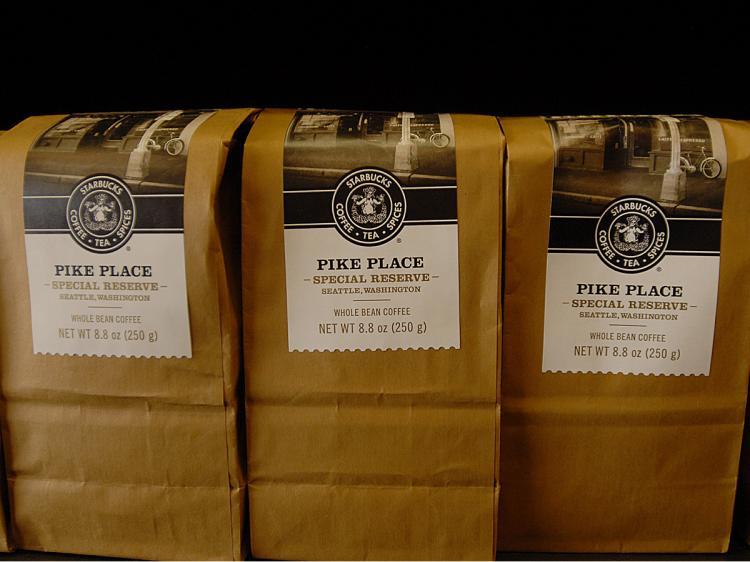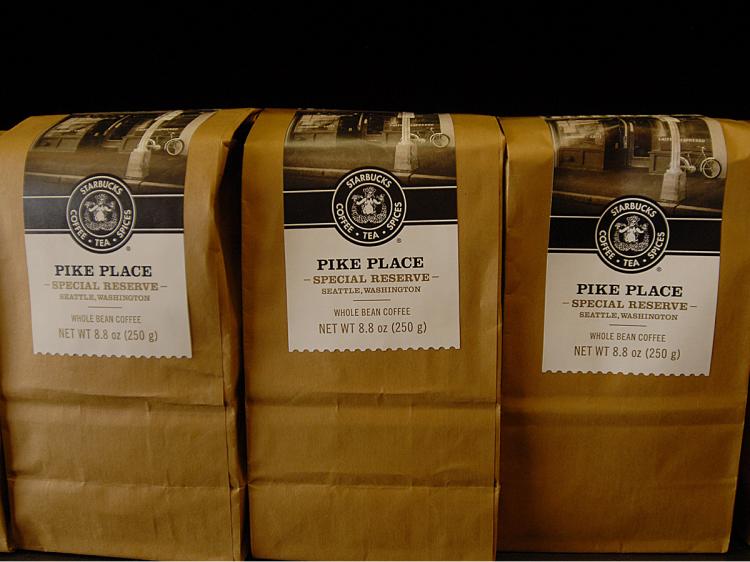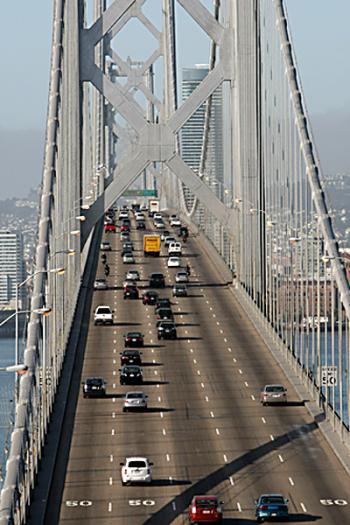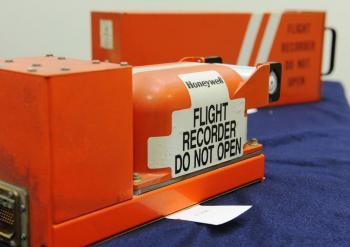Coffee lovers in the U.S. may have a hard time finding a standout cup of coffee.
After tasting more than 37 caffeinated and decaffeinated varieties of coffee, none of them measured up to the Consumer Reports ‘Excellent’ or ‘Very Good’ rating by the independent nonprofit coffee experts, the publication said Tuesday.
The lackluster report follows a year of tight supplies of high-quality Arabica coffee beans in Columbia. Steep premiums may have caused some roasters to replace the high-quality beans with cheaper and more affordable substitutes for their coffee blends sold on the U.S. market.
Blends are the best selling type of ground coffee in the U.S., and contain beans from at least two regions or countries. All coffees consist of Arabica or Robusta beans, or a combination of both, but Arabica beans are more expensive and tend to make better coffee, according to the publication.
Ranking at the top of the list of 14 caffeinated blends, earning a rating of ‘Good’, are the Starbucks House Blend, calculated at 26 cents per cup, and Green Mountain Signature Nantucket Blend Medium Roast, at 23 cents per cup.
The nonprofit organization warned consumers not to count on familiar brand names or expensive price tags, noting that the price doesn’t accurately reflect the cost per cup due to varying densities of the grind and difference in the coffee to water ratio.
Some coffees from well-known companies such as Maxwell House and Folgers languish near the bottom of Consumer Reports ratings.
Drinkers of decaffeinated coffee received slightly better news. None of the ground decaf brands earned better than a ‘Good’ score by the Consumer Reports, but several decaf brands were comparable in quality to their caffeinated brand mates.
In spite of the fact that the decaffeination process can harm flavor, Allegro Organic Decaf Blend Medium Dark, Peet’s Decaf House Blend, Caribou Daybreak Morning Blend Decaf, and Bucks County Decaf Breakfast Blend were outlined in the report.
According to the report, the average coffee drinker consumes 3.3 cups a day, or about 1,200 cups a year.
After tasting more than 37 caffeinated and decaffeinated varieties of coffee, none of them measured up to the Consumer Reports ‘Excellent’ or ‘Very Good’ rating by the independent nonprofit coffee experts, the publication said Tuesday.
The lackluster report follows a year of tight supplies of high-quality Arabica coffee beans in Columbia. Steep premiums may have caused some roasters to replace the high-quality beans with cheaper and more affordable substitutes for their coffee blends sold on the U.S. market.
Blends are the best selling type of ground coffee in the U.S., and contain beans from at least two regions or countries. All coffees consist of Arabica or Robusta beans, or a combination of both, but Arabica beans are more expensive and tend to make better coffee, according to the publication.
Ranking at the top of the list of 14 caffeinated blends, earning a rating of ‘Good’, are the Starbucks House Blend, calculated at 26 cents per cup, and Green Mountain Signature Nantucket Blend Medium Roast, at 23 cents per cup.
The nonprofit organization warned consumers not to count on familiar brand names or expensive price tags, noting that the price doesn’t accurately reflect the cost per cup due to varying densities of the grind and difference in the coffee to water ratio.
Some coffees from well-known companies such as Maxwell House and Folgers languish near the bottom of Consumer Reports ratings.
Drinkers of decaffeinated coffee received slightly better news. None of the ground decaf brands earned better than a ‘Good’ score by the Consumer Reports, but several decaf brands were comparable in quality to their caffeinated brand mates.
In spite of the fact that the decaffeination process can harm flavor, Allegro Organic Decaf Blend Medium Dark, Peet’s Decaf House Blend, Caribou Daybreak Morning Blend Decaf, and Bucks County Decaf Breakfast Blend were outlined in the report.
According to the report, the average coffee drinker consumes 3.3 cups a day, or about 1,200 cups a year.






